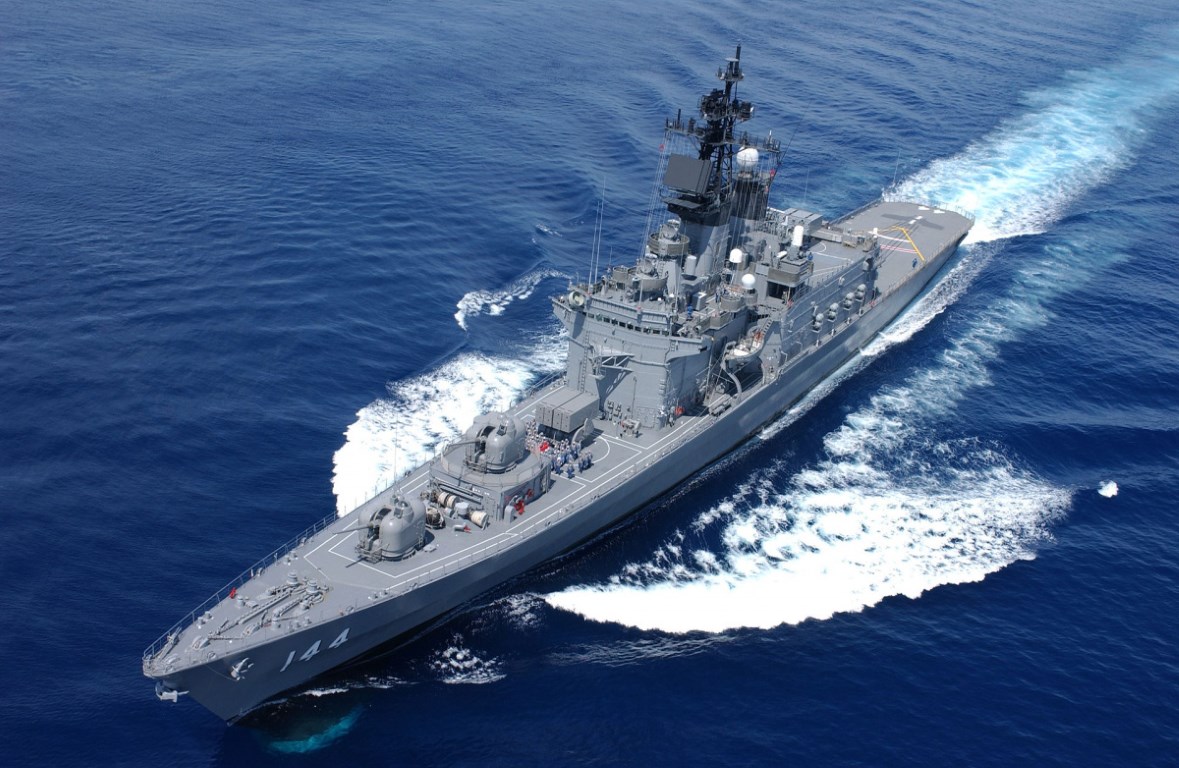China uses AI to beat the world
February 5, 2018 | Expert Insights

China is planning to update its old outdated computer systems aboard nuclear submarines with artificial intelligence. This could potentially enhance the analytical skills of commanding officers. The AI technology will be able to assess battlefield conditions, circumvent enemy tactics and provide real time analysis of combat situations.
Background
Artificial intelligence is the development of computer systems that can perform tasks that can otherwise be performed only through human intelligence. This includes but is not limited to visual perception, speech recognition, decision-making, and translation between languages.
Presently, most of the technology focused on Artificial Intelligence is properly known as narrow AI or weak AI. Self-driving cars and Siri are some of the platforms that employ AI (narrow AI). Researchers and experts now believe that humanity is now on the path to creating General Artificial Intelligence (AGI). According to scientists, AGI would be able to outperform humans in nearly every single cognitive task.
One of the most successful programmes that have been created with regards to AI is Google’s AlphaGo. In 2016, the AlphaGo program beat a human professional Go player Lee Sedol for the first time. Go is a strategic board game that is considered even more difficult than Chess. In 2017, Google’s DeepMind achieved yet another landmark in the field. The team has created a program that has for the first time taught itself from scratch how to defeat human players in the complex Chinese game of Go.
In 2018, Alibaba Group, the Chinese based e-commerce company, has developed an Artificial intelligence software that has performed better than humans in a reading comprehension test.
China’s premier Xi Jinping during the most recent party Congress said that the nation will continue building and strengthening its military might. So far it is the largest military. However, Jinping’s has envisioned the most powerful military in the world. He said it would promote national defense and military modernization, including “a modern army, navy, air force, rocket army, and strategic support force, and a strong and efficient command agency for joint operations.” He added, “A military is prepared for war. All military works must adhere to the standards of being able to fight a war and win a war. Our army is the people’s army; our defense is national defense. [We must] enhance the education on national defense education, consolidate the unity between the military and civilian, in order to achieve the Chinese dream of a strong military.”
Analysis
It the recent months it has been reported that China has invested significant funds in using AI technology to boost its military prowess. It is reportedly planning on making use of robots and robotics in an effort to increase its bomb and shell production capacity by threefold within a decade. It is using the technology of Artificial Intelligence in order to achieve this goal and boost the productivity of its ammunition factories.
Now, in a bid to augment its naval capabilities, China is planning to update its old outdated computer systems aboard nuclear submarines with artificial intelligence. This could potentially enhance the analytical skills of commanding officers.
“Though a submarine has enormous power of destruction, its brain is actually quite small,” a senior scientist who is working on the project has been quoted as stating. This particular system will be able to “think” in real time and provide insights that can prove to be valuable during war time and combat. It can assess battlefield conditions and even provide the commanding officers with vital information like levels of saline in the water. It can also recognize enemy threats faster than any submarine in China is currently capable of. This could prove to be a massive leap forward not only in China’s military capabilities but also a new technological high.
The researcher added, “What the military cares most about is not fancy features. What they care most is the thing does not screw up amid the heat of a battle.” However, the scientist has noted that this will not affect jobs in the navy – the country still plans on having a human being manning every critical post. “There must be a human hand on every critical post. This is for safety redundancy,” the researcher said.
Joe Marino, CEO of Rite-Solutions, a technical company supporting the US Naval Undersea System Command spoke about the advantages presented by AI noting, “[Without matching other countries’ advances in AI submarine technology] our CO (commanding officers) would be fighting an opponent who could make faster, more informed and better decisions. Combined with undersea technology advancements by near-peer competitors such as Russia and China in areas such as stealth, sensors, weapons, this ‘cognitive advantage’ could threaten US undersea dominance.”
Assessment
Our assessment is that China’s commitment towards rapid modernization of its military prowess should be a cause of concern for its geopolitical rivals such as the US. This will also make India more vulnerable as India that has often clashed with China over disputed borders that it shares with the nation. A modernized and a highly developed Chinese military power will pose a considerable threat to India’s security. Artificial intelligence in particular has attracted concerns from experts worldwide. Entrepreneur Elon Musk has long maintained that AI would be the cause for the next world war.








Comments